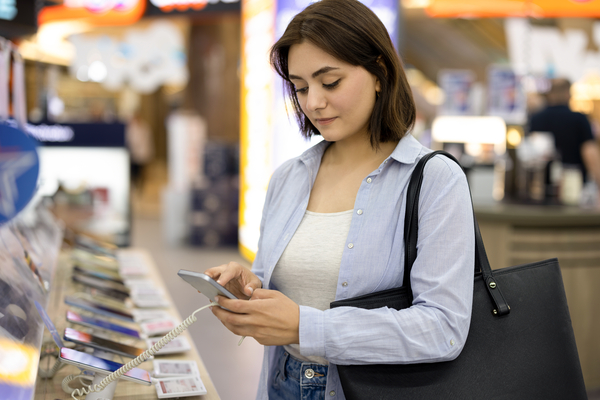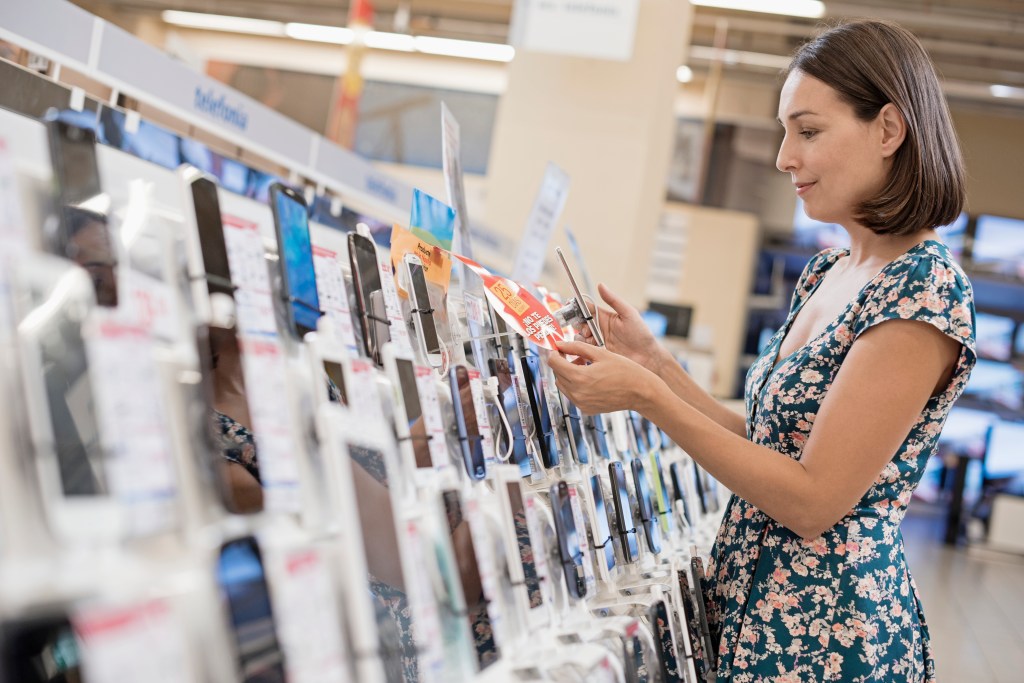67% say it is becoming hard to tell “fake” virus news from real
While most of the US remains on some form of lockdown this week, many Americans say they still have doubts about the news they are receiving on COVID-19.
In a new GfK study, four in ten Americans (42%) agree either strongly or somewhat with the statement, “I think the news about the seriousness of coronavirus has been exaggerated.” This includes half (49%) of all US men – compared to just 35% of women. Men are also twice as likely as women to strongly agree that news about the virus is exaggerated (23% vs 12%).
Click here to register for a May 7th webinar on this study.
Other groups with a 50% or greater rate of agreement (strongly or somewhat) are US consumers who:
• are in the 36-to-50 age range: 50% (versus 31% of those 51 to 65)
• have some level of higher education: 50% (versus 38% of those with lower education levels)
• reside in large urban metropolises: 59% (versus 32% for those in small cities)
The research – conducted April 24th to 27th as part of GfK’s global Consumer Pulse studies – also shows that 67% of Americans feel strongly or somewhat that, “When people talk about coronavirus, it’s getting harder to distinguish between accurate news and fake news.”
Yet 92% consider themselves well-informed about the virus—up slightly from 88% in the previous wave of the study. Exploring specific sources of news, 60% of Americans say they “feel better informed about coronavirus because of news I get from the Internet.” This is below television (66%) but above newspapers (58%) and the radio (51%).
GfK’s Consumer Pulse research covers 30 countries, allowing brands and marketers to #MasterTheCrisis by understanding consumer attitudes, behavior, purchase intent, media consumption, and more – both now and in the future. The research reveals changes in demand for goods and services, as well as which sectors and channels present risks or opportunities, so that companies can respond with confidence and come out of the crisis stronger, better positioned, and closer to consumers than before.
As part of this research, GfK interviewed a representative sample of 1,019 US consumers (ages 15 and up) during the week of April 24 to 27, 2020



